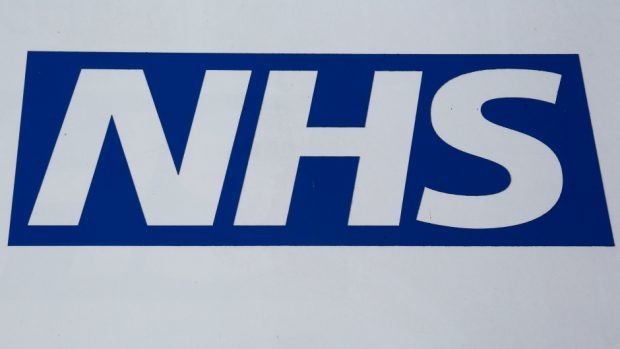A Hebridean cancer group has attacked plans by local health chiefs to crack down on the number of NHS-funded escorts accompanying patients to the mainland.
NHS Western Isles patient travel has cost in the region of £31million over the last 10 years.
Historically, GPs rubber-stamped escort travel, but the decision-making is being centralised to medical director Angus McKellar, and will be assessed solely on clinical need.
Around 44% of patients from the Outer Hebrides who required travel were last year accompanied by a funded escort.
The health authority believes centralising the scheme will weed out some unnecessary cases and savings could then be reinvested back into patient care.
Dr McKellar said previously that, historically, there has been a significant variation between the GP practices in the percentage of patients receiving approval for funded escorts.
He added that “it is important that there is fairness across the Western Isles.”
The new system has already been piloted in two GP practices – Langabhat and Broadbay – and Dr McKellar said initial feedback from both had been positive.
But members of the Hebridean Men’s Cancer Support Group have raised fears over the change and recently met Dr McKellar to discuss the issue.
In an open letter they write: “The committee is disappointed to learn that Western Isles health board is seeking to move from a position where paid escorts will be agreed for all cancer patients travelling to hospital on the mainland for cancer diagnosis to be confirmed.”
The group is concerned they are already seeing a rise in the number of patients being refused escorts when travelling to consultations where they face the possibility of a cancer diagnosis.
The letter says it does not consider the pilot to have been a success and says moving the decision making to the medical director “displaces” the pressure felt by the practices on to the patient.
It adds: “That is not what the NHS is about.
“The NHS should deliver a comprehensive service ‘free at the point of delivery.”
Doctors’ representatives warned last week that the revised approach could add extra workload for GPs, as they will now have to justify referrals before they are approved.
The new process will be rolled out to the three remaining GP practices in Lewis and Harris in April. It is intended to implement the new process in the Uists and Barra in July 2018.
